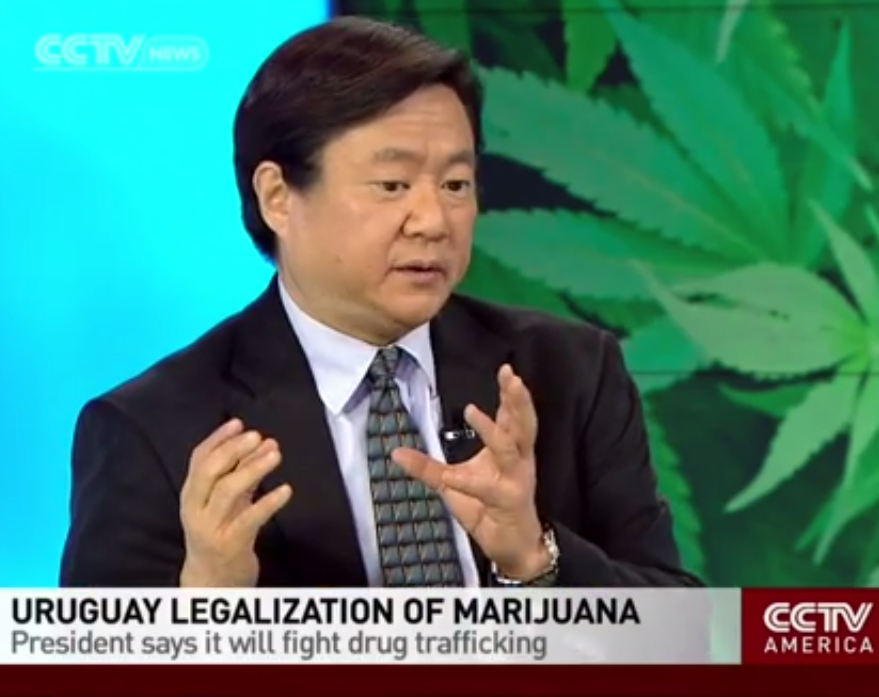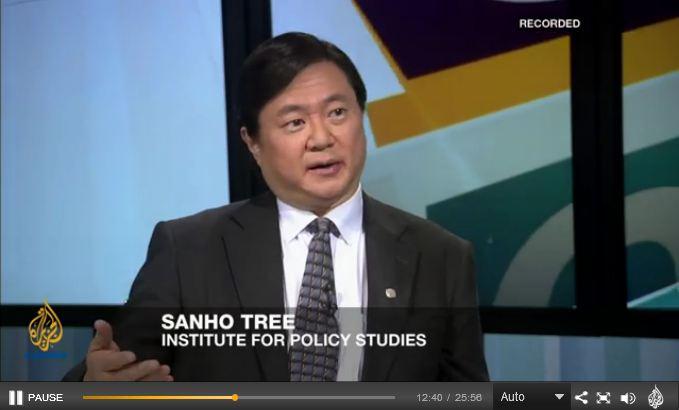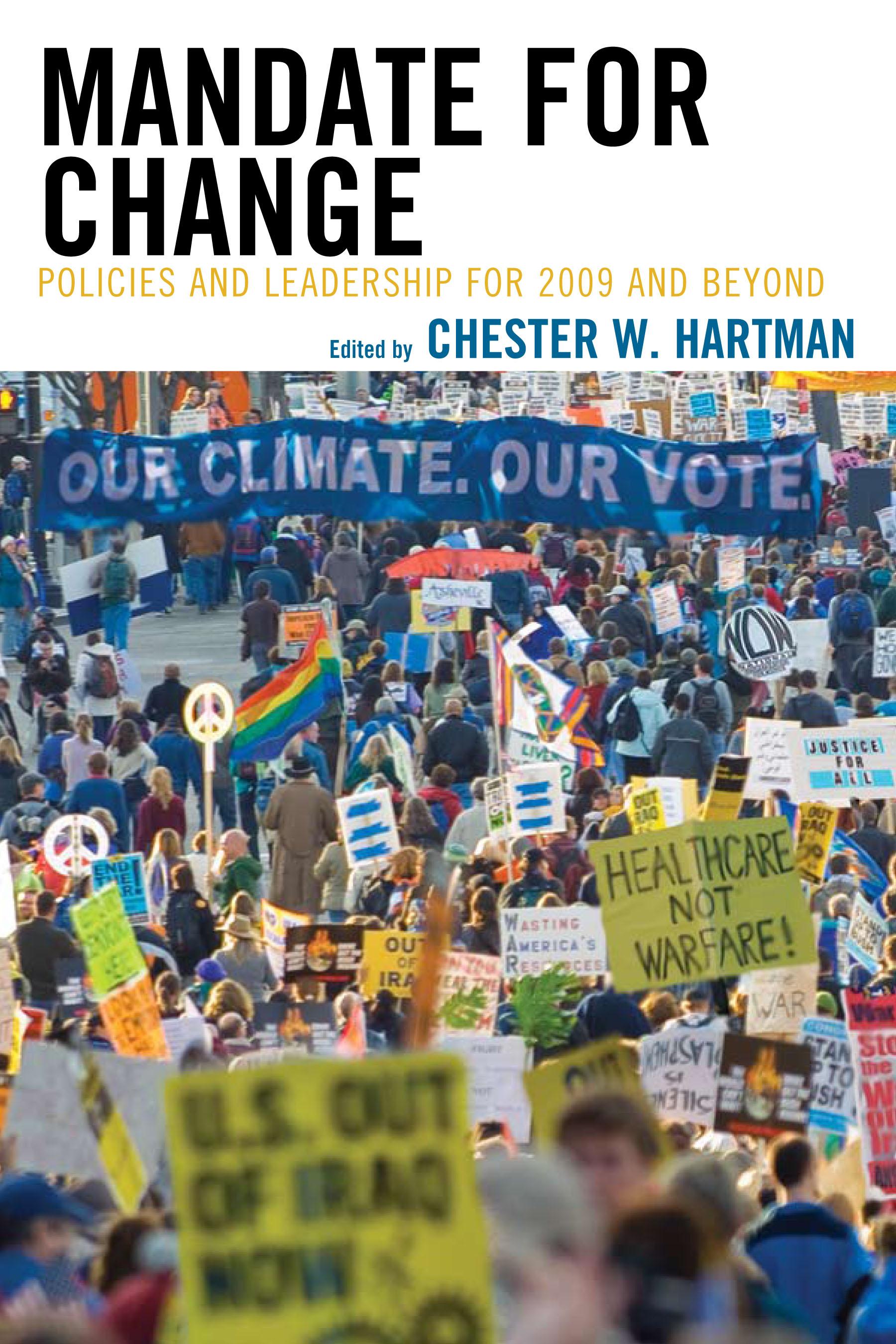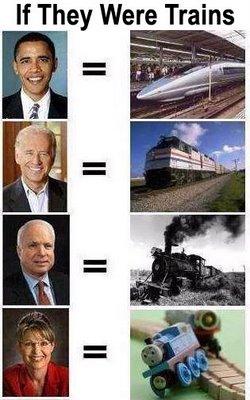Drug Policy
The Drug Policy Project combines scholarship with activism to transform drug control policy both at home and abroad. The Project works with grassroots entities, media, and policy makers to shift away from the drug “war” paradigm and its disastrous impacts on the environment, toward holistic policies that address public health, safety and economic alternatives to the prohibition drug economy.
The intersection of race and poverty in the drug war is at the heart of the project’s work. The project has focused recently on the attendant “collateral damage” caused by the United States exporting its drug war to Colombia and Afghanistan, peace efforts in Colombia, drug war-related politics in the Philippines, and border politics between the U.S. and Mexico. Establishing humane and sustainable alternatives to the “drug war” paradigm fits into the IPS mandate as a major contemporary social justice issue on a global scale.





![[VIDEO] Peru’s Cocaine War: Traffickers vs. Farmers](https://149358047.v2.pressablecdn.com/wp-content/uploads/2011/12/SanhoTreeAlJazeera.jpg)



